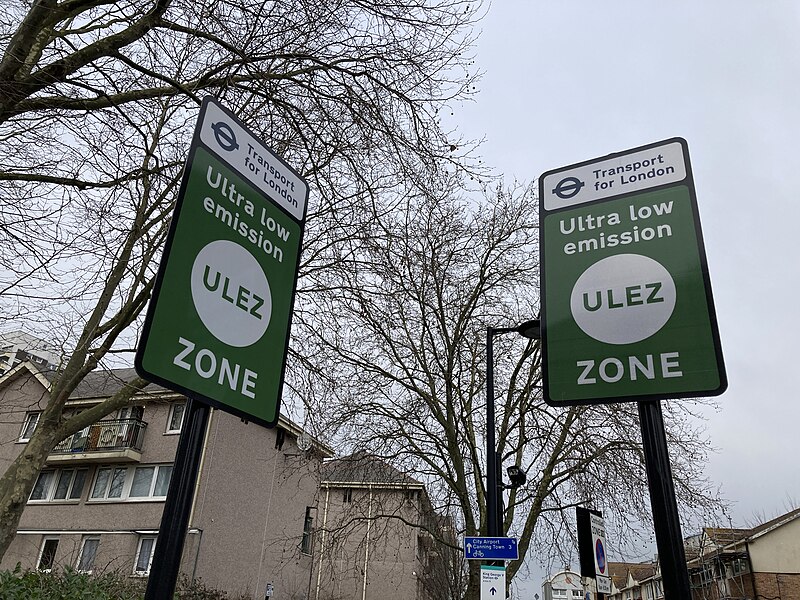
Transport for London (TfL) is tightening the net on drivers who repeatedly dodge Ultra Low Emission Zone (ULEZ) fines – and it’s paying off. Between January
and June this year alone, the transport authority clawed back around £16.5 million from persistent offenders. That money is being reinvested into London’s transport network.
Most drivers don’t have a problem. In fact, 97% of vehicles entering the ULEZ meet the required emissions standards, so the charge doesn’t even apply to them. And among those who do need to pay, the majority settle their fines without issue. The real problem comes from a small but stubborn group of drivers who rack up multiple penalty charge notices (PCNs) and then simply ignore them.
TfL says these persistent evaders – those with four or more unpaid PCNs – are responsible for 94% of the total outstanding debt.
How TfL is fighting back
To tackle this, TfL has stepped up enforcement. Working closely with the Department for Transport and the DVLA, it uses smarter data-sharing and even tracks drivers who try to hide behind new addresses. If fines remain unpaid, the courts can back warrants that allow enforcement agents to recover the debt.
That can mean home visits, seizing belongings, or clamping and selling vehicles at auction. Between January and June this year, over 530 vehicles were seized, with more than 350 sold, raising £285,000.
Some recent cases show just how far things can go:
- One driver, hit with 18 warrants, finally paid £6,800 after enforcement agents tracked them down.
- Another cleared a staggering £17,000 in June to settle 46 warrants.
- A car tied to 88 warrants was seized and sold for £7,000, despite the driver receiving over 130 letters and 14 visits.
- Another unpaid vehicle was sold for just over £2,100 at auction.
Tougher measures on the horizon
TfL is looking to go even further. Options include:
- Using civil courts more aggressively to recover debt.
- Withholding money directly from someone’s wages.
- Bankruptcy proceedings for extreme cases.
- Ensuring debts are cleared before a property sale.
They’re also testing clearer, redesigned PCNs and Charge Certificates to make sure drivers understand the consequences of ignoring fines from the start.
Why it matters
According to TfL, there’s often overlap between deliberate fine evasion and wider criminal activity, which is why stronger enforcement is so important. It’s also about fairness – making sure rule-breakers don’t get away with avoiding charges that others pay.
Cleaner air for London
The ULEZ expanded across all of London in August 2023, targeting three big challenges: air pollution, climate change, and traffic congestion. Early reports show it’s working. By 2024, roadside nitrogen dioxide (NO2) levels are estimated to be 27% lower across the city compared to a scenario without ULEZ, with reductions of up to 54% in central London. Harmful exhaust emissions (PM2.5) are also expected to be down by more than a third. Photo by Matt Brown, Wikimedia commons.




































